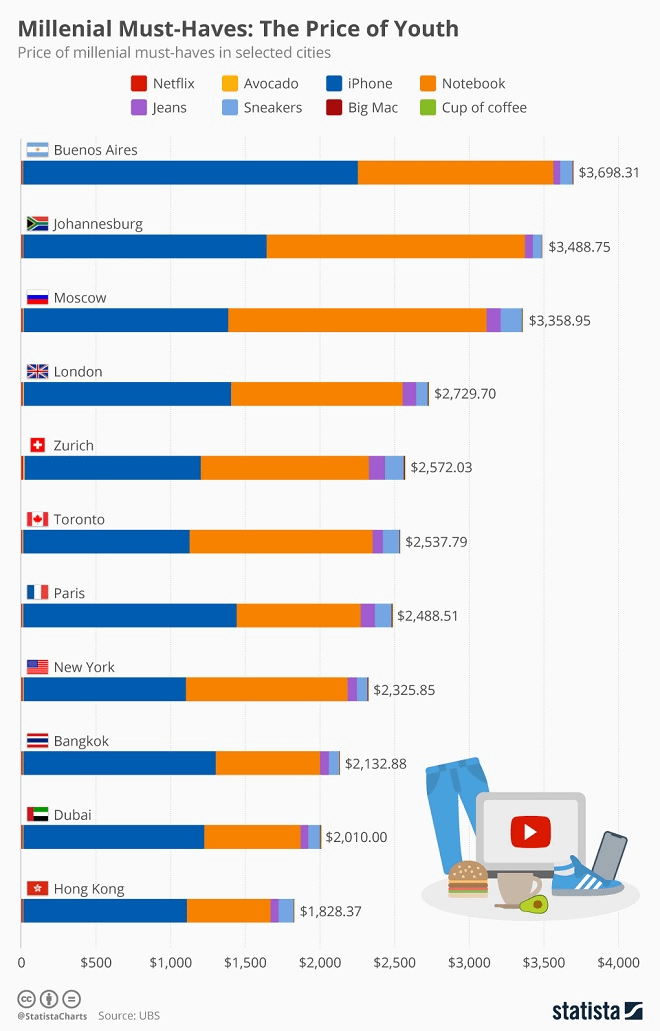– A new survey from Clever Real Estate reveals a full profile of the Millennial home buyer, uncovering insights from how they find homes to what they want to buy. Key insights include:
– Millennials are thinking long term about where they buy: They value safe neighborhoods and good school districts over walkability and short commutes.
– Millennials are 52% more likely to buy a multi-family property compared to older generations (Generation X and Baby Boomers).
– Millennials won’t shy away from a fixer-upper. 67% would put an offer on a home that needs major repairs.
St. Louis – Jan. 17, 2019 (PRNewswire) The 2019 Clever Real Estate Home Buyer Report surveyed 1,000 U.S. residents in the market to buy a home within the year. Over half of respondents were classified as Millennials.

78% of Millennials are first-time home buyers and 38% aren’t working with an agent to find a home (and might not realize sellers usually pay buyer agent commission).
Despite the popular belief that Millennials are short-sighted and flippant, most Millennials value good school districts and safe neighborhoods over walkability and short commutes. Only 9% of Millennial home buyers are afraid of being tied down to a home. Millennials believe buying a home is a good investment, and they’re thinking long term about their decisions.
In fact, Millennials are looking to get into real estate investing. Millennials are 52% more likely to buy a multi-family home than older generations. They see the benefit of becoming landlords and generating passive income to help pay off their debt.
With Millennials struggling to pay off debt and save for a down payment, many home shoppers realize they can’t afford a huge mortgage payment every month. Due to their financial constraints, Millennials are also willing to take on properties that need repairs. 67% would put an offer on a home that requires major repairs (this could be dangerous for many buyers that don’t realize the true cost of homeownership).
The full report, including insights, analysis, raw data and methodology, can be found here:
https://listwithclever.com/real-estate-blog/millennial-home-buyer-report/
Clever Real Estate
Clever Real Estate connects top real estate agents with home buyers and sellers at a discount rate. This survey was conducted using Pollfish to help Clever better understand the Millennial home buyer.

